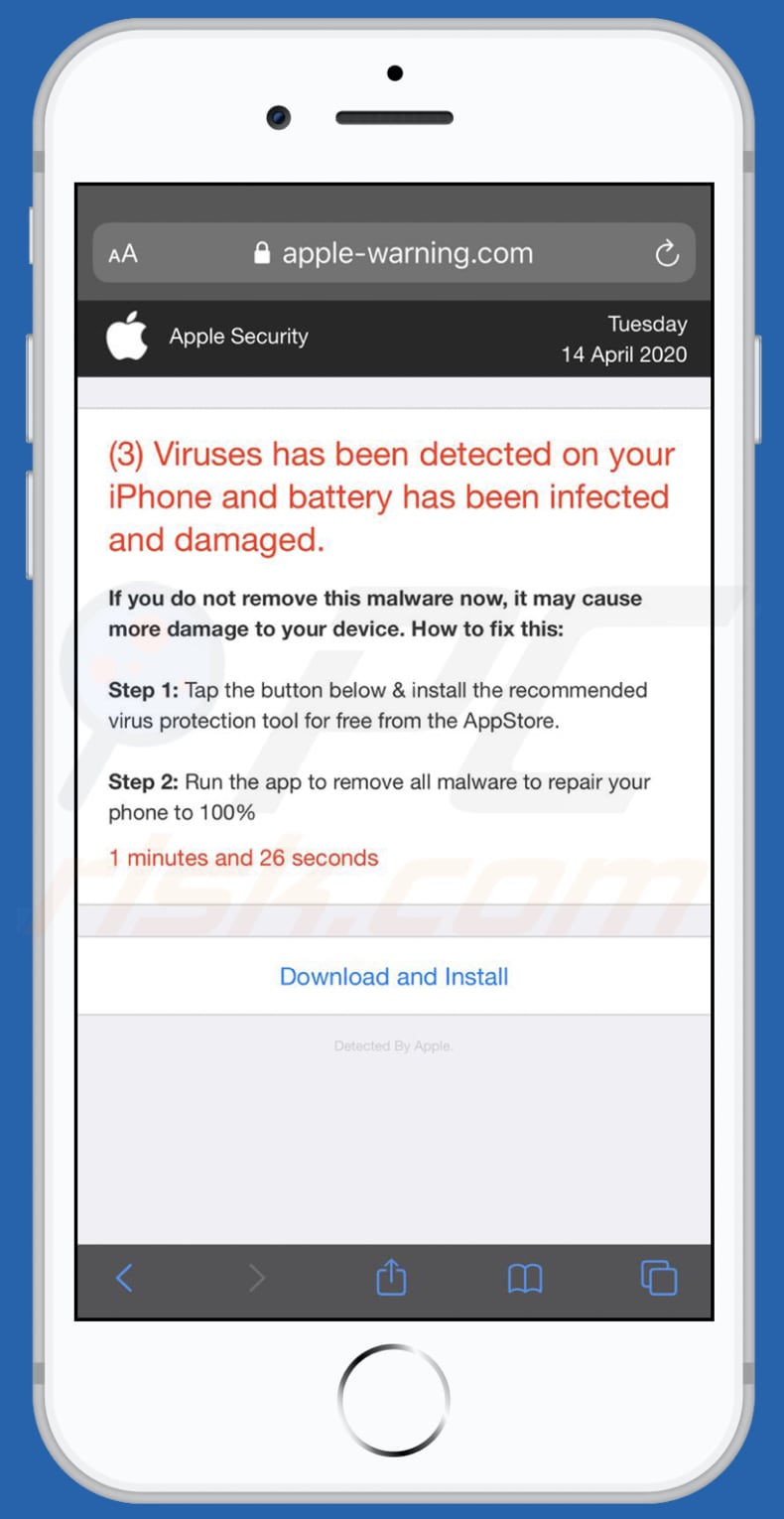

- Free mac antivirus scam install#
- Free mac antivirus scam software#
- Free mac antivirus scam code#
- Free mac antivirus scam password#
- Free mac antivirus scam Pc#
Some scammers use fake tech support numbers that have a US area code or display as a 1-800 number. While the caller ID may say Microsoft or Apple, if the person on the other end is asking for sensitive information or for remote access to your device, assume it’s a scam. Legitimate tech support personnel will never call you out of the blue, but scammers will.

Here’s how you can detect tech support scams on your own: Unsolicited phone calls

This, in addition to its enhanced firewall protection, keeps tech support scammers out. AVG Internet Security has a Remote Access Shield, which automatically blocks other IP addresses from accessing your computer. Some premium cybersecurity tools offer specialized protection against tech support scams. It also stops all kinds of malware from infecting your device - and it’s completely free.
Free mac antivirus scam install#
AVG AntiVirus FREE automatically blocks unsafe links, downloads, and email attachments as soon as you install it. You can automate most of this scam detection with antivirus software.
Free mac antivirus scam Pc#
Once you recognize the warning signs of these PC scams, you’ll be able to determine what’s legit and what’s not. Phone calls, pop-up warnings, and online ads are the three primary types of tech support scams. Other tech support scammers seek to use your personal information to commit fraud.
Free mac antivirus scam password#
Some scammers may want passwords to your online accounts - like the Netflix password scam from a few years ago - or they may even leak your Facebook data. Many tech support scams offer useless products for money or aim to steal personal data for financial gain. Tech support scammers are after your money and personal information. If you think your device may actually have a virus after all, you should simply download a malware and virus removal tool to clear and protect your device. Phone-only tech support scams are usually phishing for sensitive information to rob you or steal your identity.

They may also use malware to create a “backdoor” that gives them access to your computer when you’re not using it.īeware fake virus warnings that aim to trick you into calling a fake hotline for “tech support.” Tech support scammers use scareware to frighten you into downloading fake security software, or adware that bombards your device with pop-ups. Scammers often try to infect your computer with malware via the scammer’s remote access. Step 3: Obtain remote access to the victim’s device
Free mac antivirus scam software#
They may ask you to give them remote access to your device or for credit card information, try to sell you useless software or hardware you don’t need, or even install malware after claiming you have a virus. Tech support scammers employ tech jargon to convince less tech-savvy users that they know what they’re talking about. This is meant to scare victims and get them to click the link or call the fake tech support number Step 2: Offer support to fix the problem Scammers use sensational language to convince you that your Windows or Mac computer has a computer virus or malware infection, and that all your data, including files and personal information, may be at risk. Here’s how a typical tech support scam works: Step 1: Scare victims with fake alert messages Some scammers spoof the phone numbers they use so that they match the official numbers used at the companies they’re impersonating. The scammers may send alerts via pop-up ads, text messages, emails, or even through social media. Tech support scams work by using social engineering techniques to mimic legitimate companies and gain the trust of victims. Tech support scammers trick victims into calling fake hotlines. In fact, fake Microsoft tech support scammers are often (but not always) located in other countries, such as India. Usually, the numbers used by scammers appear to be based in the US and may be very similar to support numbers for Windows or Microsoft. Their phone support number may look legitimate, but it’s either spoofed or fake. Tech support scammers are hackers masquerading as tech support workers from a company such as Microsoft or Apple, offering to help you solve a problem with your computer. Tech support scams mimic trusted companies to convince you to give them remote access to your computer, so they can infect your device with malware or steal sensitive information. The scammers try to get remote access to your computer, but both the problem and solution are fake. Tech support scams happen when scammers impersonate support staff from well-known companies and offer to “fix” fake problems with your Windows or Apple computer for a fee.


 0 kommentar(er)
0 kommentar(er)
